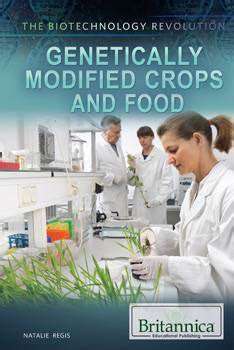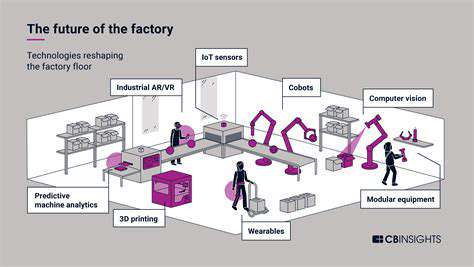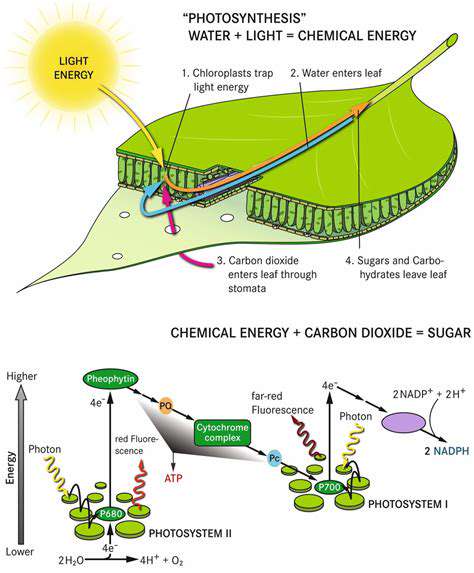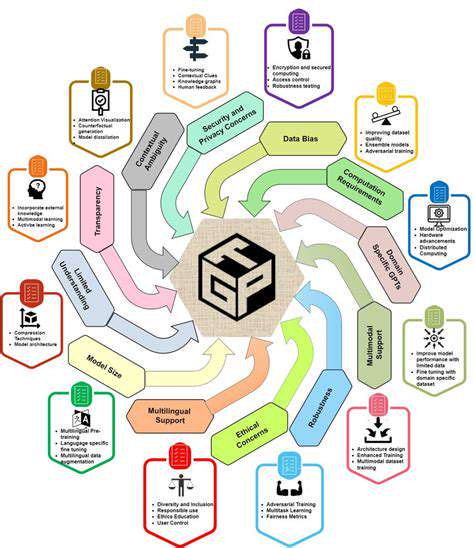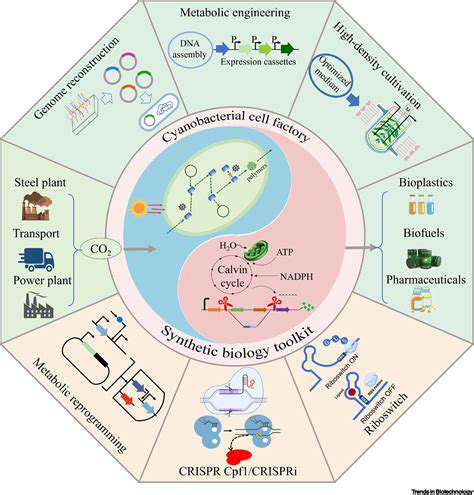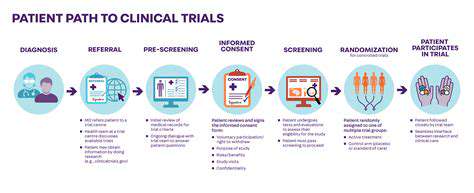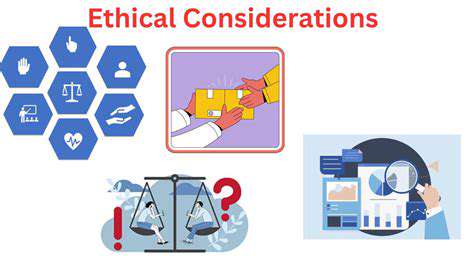Microbial biofuel production has emerged as a game-changer in sustainable energy. By leveraging the natural abilities of microorganisms like bacteria and algae, we can create renewable alternatives to fossil fuels. This method sidesteps land-use conflicts tied to traditional biofuel crops while allowing customization based on available raw materials.
The incredible variety of microbial species means we can work with an equally diverse range of feedstocks. This flexibility gives microbial biofuel production a clear edge over conventional methods that depend on just a few crop types. Continued research into refining these processes will be key to making them practical and affordable.
Microbial Species and Their Roles
Researchers are studying numerous microorganisms - from bacteria to algae - for their biofuel potential. Each organism brings unique capabilities, enabling production of different biofuels like ethanol, butanol, and biogas. Matching the right microbe to specific production goals requires deep understanding of these differences.
Bacteria such as E. coli and Clostridium acetobutylicum excel at turning sugars into biofuels through fermentation. Algae operate differently, producing biofuels directly through photosynthesis - an approach that could prove more efficient in the long run.
Feedstock Options for Microbial Biofuel Production
Selecting the right raw materials makes or breaks microbial biofuel projects. Agricultural leftovers like corn stalks and sugarcane residue offer abundant, low-cost options. Even wastewater treatment plants can provide organic matter, reducing pressure on farmland.
Prioritizing non-food sources like industrial byproducts and algae helps avoid competition with food supplies. Getting the most out of every bit of feedstock remains crucial for both efficiency and environmental responsibility.
Benefits of Microbial Biofuel Production
This approach offers distinct advantages over traditional biofuel methods. It dramatically cuts environmental harm by reducing land needs and greenhouse emissions. The adaptable nature of microbial processes allows for cost-effective, environmentally conscious production.
Microbial methods could create a biofuel industry that's both sustainable and adaptable. By using different microbes and local materials, production can be tailored to regional needs, potentially creating a more distributed energy network.
Challenges in Microbial Biofuel Production
Despite its promise, microbial biofuel production faces hurdles. Developing cost-effective, large-scale methods remains a work in progress. Improving the efficiency of microbial processes presents another significant challenge.
Boosting how quickly feedstocks become fuels while lowering processing costs is essential for competing with fossil fuels. Ongoing research will be critical to overcoming these obstacles and unlocking microbial biofuels' full potential.
Future Research Directions
Upcoming studies should focus on enhancing microbial strains for better biofuel output. Creating more effective bioreactors and processing methods will be vital for scaling up. Investigating unconventional feedstocks could further improve sustainability and affordability.
Genetic engineering could revolutionize the field by supercharging microbial abilities and discovering new pathways. Balancing economic feasibility with environmental benefits will determine how widely this technology gets adopted.
Exploring Novel Microbial Species for Biofuel Production
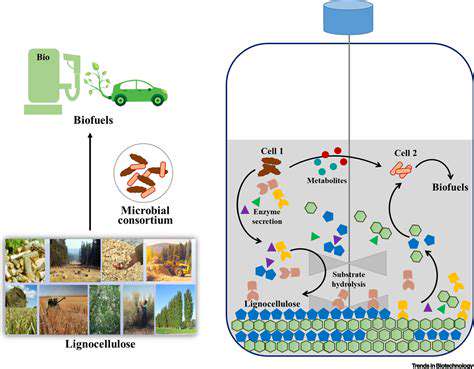
Unveiling the Diversity of Microbes
The microscopic world contains an astonishing variety of life forms essential to our planet's ecosystems. These tiny organisms drive processes from nutrient recycling to human health, with potential applications across medicine, agriculture, and technology. From ocean depths to our own bodies, countless microbial species remain undiscovered, each possibly holding valuable secrets.
Techniques for Microbial Discovery
Modern tools like DNA sequencing and bioinformatics have transformed how we find and study microbes. These methods let scientists identify unique genetic markers that reveal previously unknown organisms. Techniques like metagenomics provide snapshots of entire microbial communities without needing to culture individual species.
Environmental Sampling and Isolation
Finding new microbes starts with careful collection from diverse environments - extreme heat, bitter cold, or crushing ocean depths. Successfully growing these microbes in isolation requires specialized methods to maintain their delicate natural balances. This painstaking work lays the foundation for understanding these organisms' unique properties.
Microbial Identification and Characterization
Studying new microbes involves multiple approaches - genetic analysis, database comparisons, and tests of their biological capabilities. Charting evolutionary relationships through phylogenetic analysis helps place new species in the web of life. Full characterization often requires extensive experimentation to understand their biology and potential uses.
Potential Applications in Biotechnology
Newly discovered microbes could revolutionize multiple fields. Their unique biological machinery might enable better pollution cleanup, sustainable fuels, or valuable chemicals. Enzymes from extremophiles - microbes thriving in harsh conditions - could lead to industrial breakthroughs and even clues about extraterrestrial life.
Ethical Considerations and Public Engagement
Microbial discovery raises important ethical questions about ecosystem impact and responsible use. Clear communication with the public ensures shared understanding of this research's benefits. Proper stewardship of these biological resources remains paramount as we explore their potential.
Challenges and Future Directions in Microbial Biofuel Engineering
Optimizing Microbial Growth and Biofuel Production
Fine-tuning growth conditions - temperature, nutrients, oxygen levels - is crucial for maximizing biofuel output. Understanding microbial metabolism allows targeted enhancement of key enzymes through potential genetic modifications. Scaling up production presents another hurdle, as current methods demand substantial resources. Innovations in bioreactor design and cheaper feedstocks could dramatically improve commercial viability.
Overcoming Substrate Limitations and Enhancing Biofuel Conversion Efficiency
Finding affordable, sustainable raw materials that don't compete with food production remains challenging. Agricultural waste, industrial byproducts, and other overlooked materials could provide solutions. Improving how efficiently microbes convert these materials into fuels is equally important. Reducing unwanted byproducts through selective pathway enhancement could significantly boost yields.
Addressing Environmental Concerns and Ensuring Sustainability
The true sustainability of microbial biofuels depends on careful environmental assessment throughout production. Using carbon-neutral materials and creating closed-loop systems that minimize waste will be critical. Integrating waste streams from other industries could enhance both environmental and economic benefits. Thorough evaluation of ecological impacts at every stage - from sourcing to end use - ensures responsible development of this promising technology.
